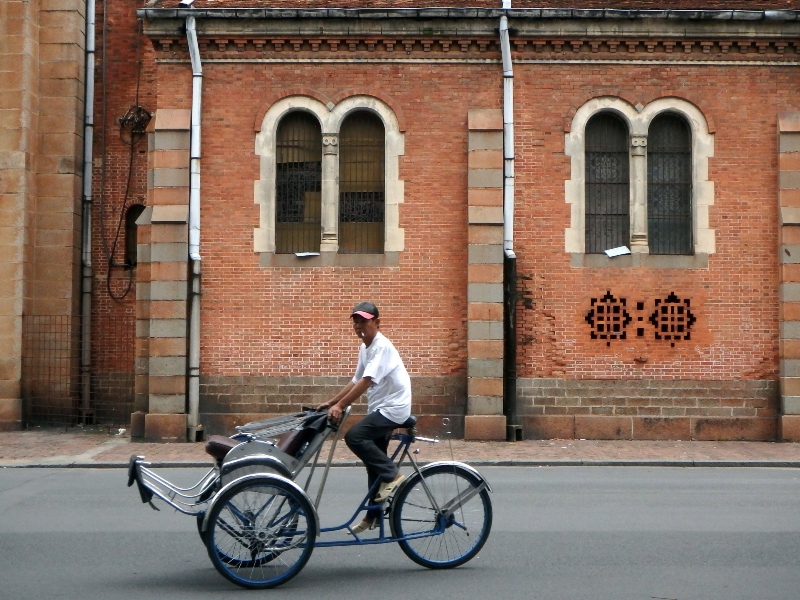The COVID-19 pandemic left serious impacts on the tourism and hospitality industry. Recently, many hotels in Ho Chi Minh City have been closed and put up for sale due to a drop in international arrivals and lower-than-expected sales. Many hotel owners need to borrow from banks to do business or rent retail space.
Many large hotels in the city center had to stop operating such as Norfolk, Lavender, Catina Saigon, Rosa Hotel, Le Petit,…
In addition to hotel closures, many hotels are listed for sale or lease on online real estate trading platforms. For example, an 8-story hotel in District 1 is for sale for 138 billion VND (5.8 million USD). This property has a two-year lease for over 400 million VND ($17,000) per month. Or the 15-room Amore Saigon Hotel for rent is about 165 million VND/month ($7,000).
Vietnam tourism is facing many difficulties during the recovery period, especially international tourism. After one year of opening to tourism, the recovery rate of Vietnam international tourism in Q1 was approximately 60%, quite slow compared to the world (80%), but higher than the Asia-Pacific region (54%).
High airfares, a lack of human resources, a limited list of visa-exempt countries, and a short visa-free period also significantly affect the speed of international tourism recovery.

Nguyen Quy Tuan, Senior Director of the Hotel Investment Department APAC, JLL, said that hotels in Vietnam need to update and change products and services to meet the customers’ needs flexibly. In particular, businesses must be flexible in providing a combined experience rather than focusing on just one product or service.
By April 2023, Vietnam’s tourism recorded many positive effects when it welcomed more than 3.7 million international arrivals, equivalent to the total number of international visitors in 2022. This data shows a strong recovery of the tourism industry. According to forecasts, in 1-2 years, key tourism markets can recover to 2019 levels.
There are still many barriers in the tourism real estate market in Vietnam. Although the regulatory interest rate has decreased, investors are still finding it difficult to access new loans and also very cautious in transactions. They should track the market and visitors more closely to quickly catch up with demand and the general recovery.



